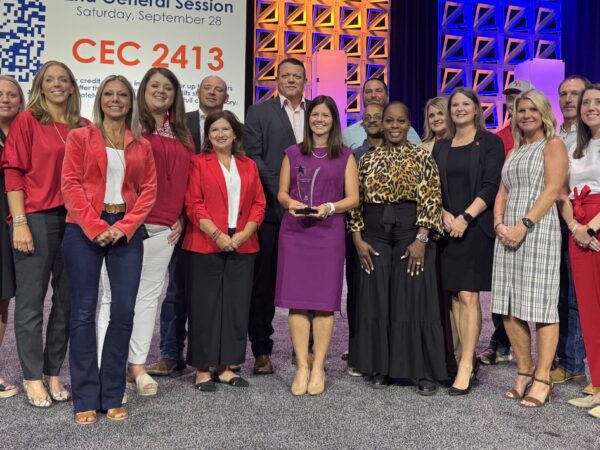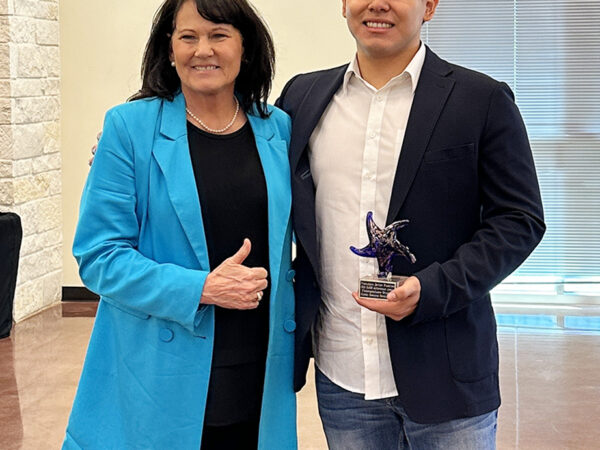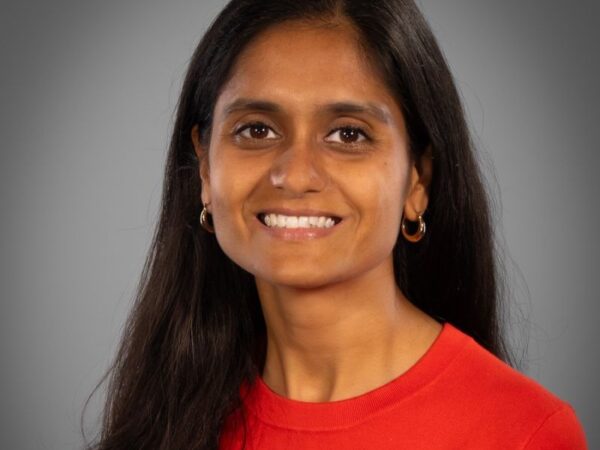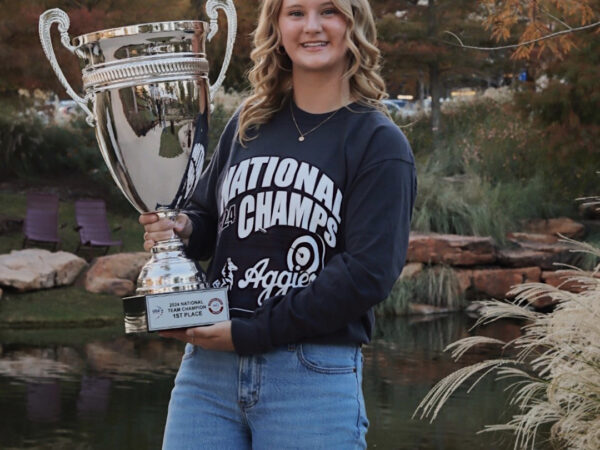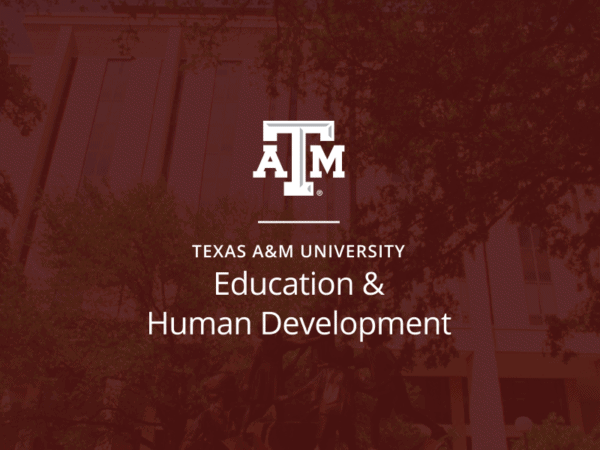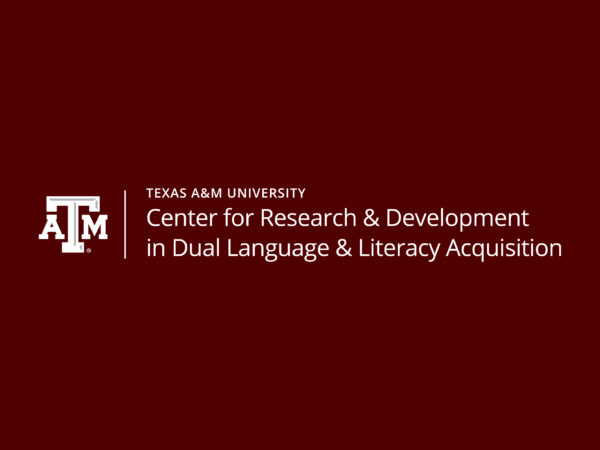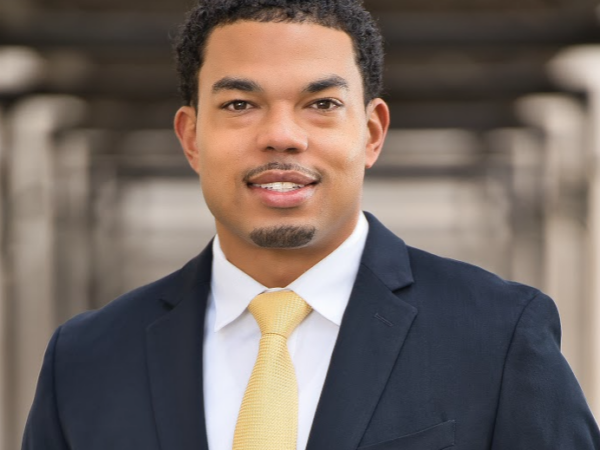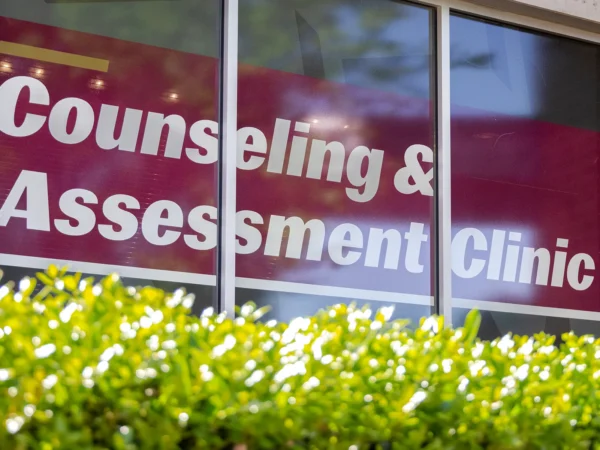Impacting Bilingual Education
IT’S A FACT:
- In 2011-12, more than 809,000 students were served in English language learner programs in Texas.
- Nationally, nearly 11.2 million school-aged children and their families are non-English speakers and 73% are Spanish speakers. Texas Education Agency
As the demographics of the U.S. population shift, the need for quality bilingual and English as a Second Language (ESL) education becomes more evident. In order to promote equity in the classroom, educators must be equipped to cater to students from varying cultural backgrounds.
Dr. Miranda Walichowski, clinical assistant professor and coordinator of the undergraduate bilingual education program, works to recruit and mold the next generation of quality bilingual educators at Texas A&M.
Over the course of her career as an educator, Walichowski has seen many bilingual K-12 students end up academically misplaced or lacking proper language development. Her experience was no different.
“I felt like I was always being moved around and it was never purposeful or where I should be right from the start,” she recalled, “‘She knows too much English for this class, so let’s move her to another class two or three months into the school year.’ That was frustrating because I, like so many students, lost a lot of academic years that way.”
When she became an elementary school teacher, she saw that many of these students were actually alingual; That is, they lacked proficiency in both their native and secondary languages by the time they were in the fourth grade.
The bilingual education program at Texas A&M is working hard to provide support for these children by producing over 2,500 bilingual teachers since 2005. These teachers work throughout the state of Texas (see map).
Recruiting students for the program, however, can be challenging – especially among minority groups where many families hope their academically high performing children will not pursue a career in education. “They’ll say, ‘Why would you want to go into education when you can go into law or something more lucrative? If you are college material, go big. Don’t settle for education.’”
“But, these are exactly the kind of students we want in our bilingual classrooms,” notes Dr. Joyce Alexander, dean of the College of Education and Human Development. “We want passionate, smart, and dedicated teachers, teachers who have lived the highs and lows of public education and are dedicated to making it work for every student.”
Another challenge to finding the best bilingual teachers is maintaining proficiency in a second language. She explained, “As a second, third or even fourth generation Spanish speaker, children start to see the value in speaking English for pretty much in anything they want to do; Their favorite cartoons are in English. Their friends around the neighborhood speak English. So then it becomes less necessary to learn Spanish.”
To ensure graduates are proficient in a second language, she teaches a course called Seminar in Teachers as Effective Communicators, which develops proficiency in Spanish as it applies to educators. Coursework covers specific teaching scenarios like conducting a parent-teacher conference completely in Spanish.
Along with standard teacher preparation courses and field experiences, students in the program gain leadership skills and research skills, knowledge that is invaluable for many career paths. Recent graduate Katie Standefer worked closely with Dr. Walichowski as an honors researcher and credits Dr. Walichowski with giving her a chance to present research at a major national bilingual education conference.
Katie says, “Through Dr. Walichowski’s mentorship, I have developed many personal and professional skills and relationships that will help me be a successful classroom teacher. She is a patient and kind professor who is always striving to develop herself further and continue to learn.”
Students like Katie inspire Dr. Walichowski to continue her efforts at the college.
For media inquiries, contact our Media Relations Coordinator, Ashley Green.
Fundraising
To learn more about how you can assist in fundraising, contact Amy Hurley, Director of Development ahurley@txamfoundation.com or 979-847-9455


